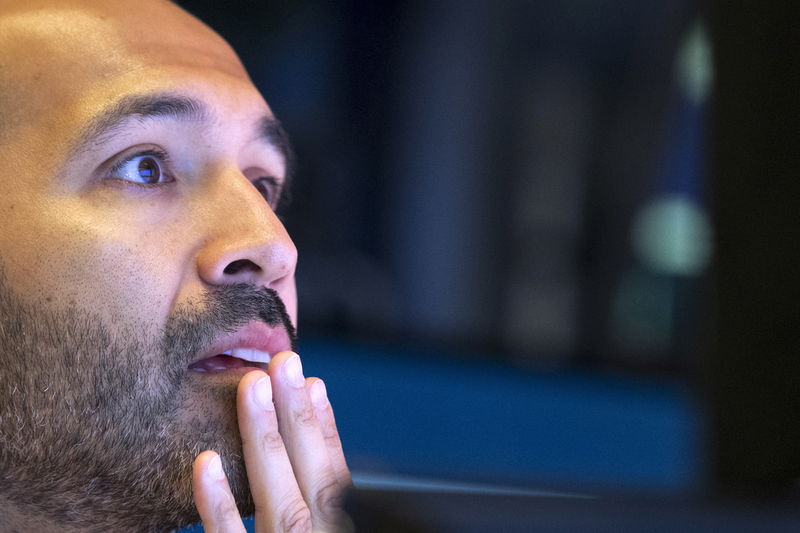Tryptamine Therapeutics Ltd (ASX:TYP, OTC:TYPTF) has thanked non-executive director Peter Molloy for his service to the clinical-stage biotechnology company after announcing his intention to resign from the Board of Directors.
Molloy has been a member of the company since September 2020 and was influential in Tryp’s growth trajectory, providing valued support in the company’s transition to the Australian Securities Exchange.
The resignation follows the company’s strategic placement to raise $6 million to fast-track its TRP-8803 (IV-infused psilocin) clinical trial strategy, which also led to the pending appointment of Dr Daniel Tillett as a non-executive director.
READ: Tryptamine Therapeutics A$6 million placement cornerstoned by Merchant Biotech Fund and Dr Daniel Tillett
Tillett’s appointment and Molloy’s resignation will occur after the conclusion of the company's Annual General Meeting, scheduled for Friday, November 8, 2024.
Thanked for contribution
Tryp's non-executive chairman Mark Davies said: “On behalf of the board, I would like to thank Peter for his ongoing contribution to the company in recent years and wish him well for future endeavours.
"His resignation follows the achievement of a key milestone in the company’s clinical development pathway, which was followed by a strategic placement and the appointment of Dr Daniel Tillett.
"Dr Tillett’s appointment forms part of Tryp’s strategy to add clinical expertise to its board and management team, as the company moves to the next phase of its flagship clinical development program in the Australian market.”
About Tryp
Tryp Therapeutics is focused on developing proprietary, novel formulations for the administration of psilocin in combination with psychotherapy to treat diseases with unmet medical needs.
Its lead program, TRP-8803, is a proprietary formulation of IV-infused psilocin, which is the active metabolite of psilocybin.
TRP-8803 has the potential to alleviate numerous shortcomings of oral psilocybin including significantly reducing the time to onset of the psychedelic state, controlling the depth and duration of the psychedelic experience and reducing the overall duration of the intervention to a commercially feasible timeframe.
Clinical trials
A Phase 2a clinical trial for the treatment of binge eating disorder has been completed at the University of Florida, which demonstrated an average reduction in binge eating episodes of greater than 80%.
The company also has also just completed a Phase 2a clinical trial for the treatment of fibromyalgia in collaboration with the University of Michigan and has initiated a Phase 2a clinical trial in collaboration with Massachusetts General Hospital for the treatment of abdominal pain and visceral tenderness in patients suffering from irritable bowel syndrome.
Each of the studies is utilising TRP-8802 (synthetic, oral psilocybin) to demonstrate clinical benefit in these indications.
Where a positive clinical response is demonstrated, subsequent studies are expected to utilise TRP-8803, that has the potential to further improve efficacy, safety and patient experience.
